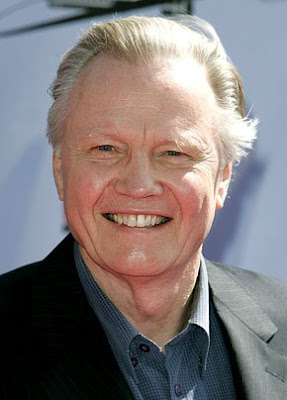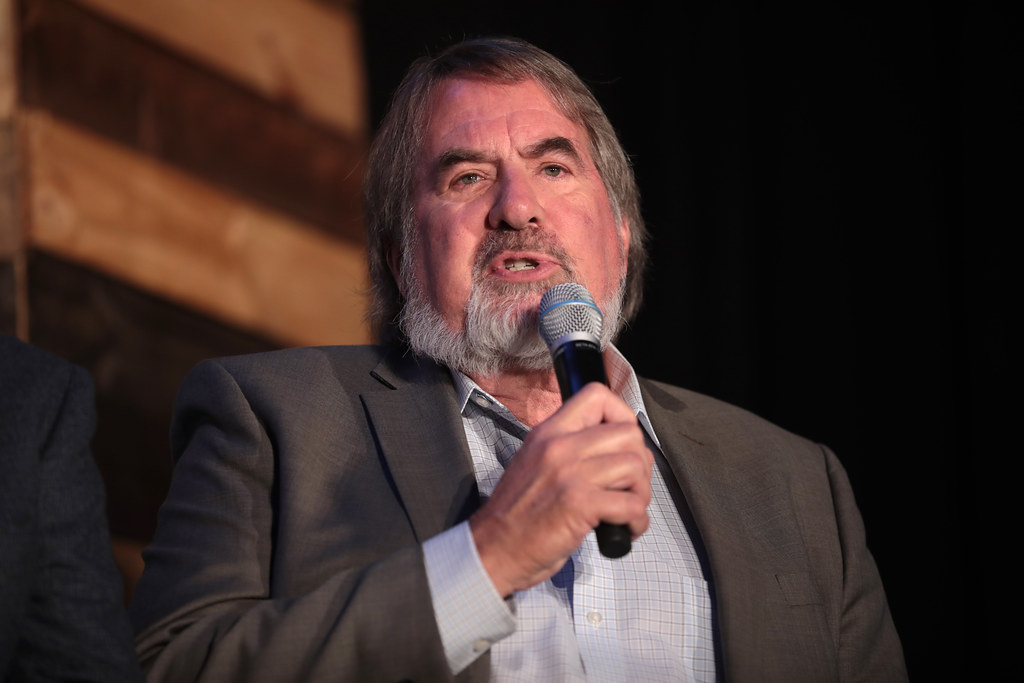
Republican Representative Doug LaMalfa encountered a series of boisterous and at times hostile town hall meetings on Monday, facing taunts and jeers from constituents. The gatherings were largely dominated by intense criticism directed at his support for President Donald Trump’s sweeping agenda. These events took place as members of the Republican party returned to their home districts during Congress’ August recess, tasked with selling the administration’s policies to their constituents.
LaMalfa, whose district encompasses a significant portion of California’s northern interior, represents the latest Republican figure to face substantial in-person scrutiny. This trend has been observed across the nation, with congressional Republicans reportedly encountering hostile crowds as they advocate for the president’s domestic policy initiatives, which polls suggest are widely unpopular. Just the previous week, Nebraska Representative Mike Flood also met a largely critical audience when addressing issues, including the agenda bill signed into law by President Trump on July 4.
Throughout both town halls, Representative LaMalfa maintained a composed demeanor, addressing audience members even as some resorted to profanity and vocal opposition to his backing of the president, with shouts of “Liar!” heard frequently. The morning session in Chico saw a particularly loud crowd, while the evening gathering in Red Bluff was similarly vocal, especially when the discussion turned to Representative LaMalfa’s skepticism regarding carbon dioxide’s role in climate change.
The Chico town hall, held at the local Elks Lodge, commenced early Monday morning at 7:30 a.m. Representative LaMalfa had barely begun his prepared remarks when a chorus of boos and jeers erupted, effectively overpowering his voice. These raucous interruptions persisted for nearly 90 minutes, underscoring the fervent atmosphere of the event.
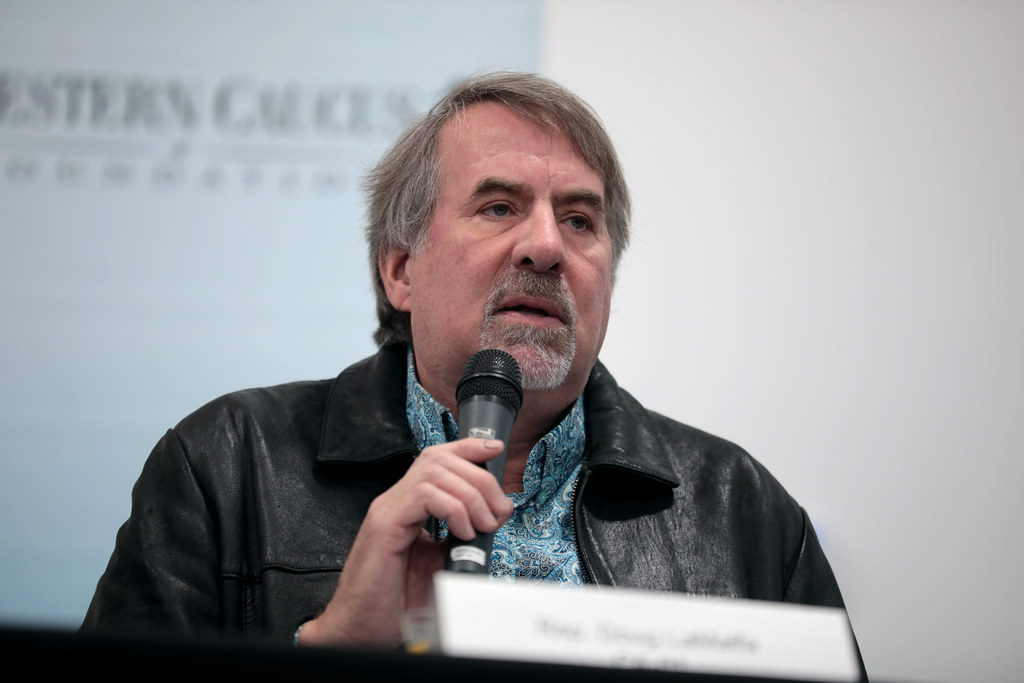
More than 650 people, with some estimates citing over 500, packed the banquet hall, many of whom peppered the congressman with obscenity-laden comments. Attendees were observed yelling over his remarks and at times breaking into chants. Staff attempted to mitigate the outbursts by distributing red and green placards, intended for attendees to signal their approval or disapproval; however, these measures did little to quiet the crowd.
One attendee quipped that the early morning start time was chosen because LaMalfa “hates working people.” In response, the congressman attributed the timing to the forecast temperature, which was expected to reach 104 degrees Fahrenheit that Monday. Despite the challenging environment, Representative LaMalfa occasionally retorted to the audience’s behavior, stating at one point, “Is this how you get stuff? By yelling?” He also instructed an attendee, “Put that finger down. That’s really immature,” and reminded another, “Watch your language. This is a public event.”
The Chico town hall marked Representative LaMalfa’s first in-person public forum in the area in nearly eight years, a fact highlighted by Chico City Council Member Katie Hawley. Hawley remarked that if a Chico City Council public event occurred only once every eight years, the room would likely be similarly boisterous. She suggested that less frequent town halls make it harder to facilitate civil conversations.
This specific district, while generally Republican-leaning, includes Chico, a Democratic college town that often stands out as a “blue dot.” Voters from such areas have shown up in significant numbers at GOP town halls, channeling their frustration into visible dissent. This public sentiment is something the Democratic Party aims to leverage into victories in upcoming midterm elections.
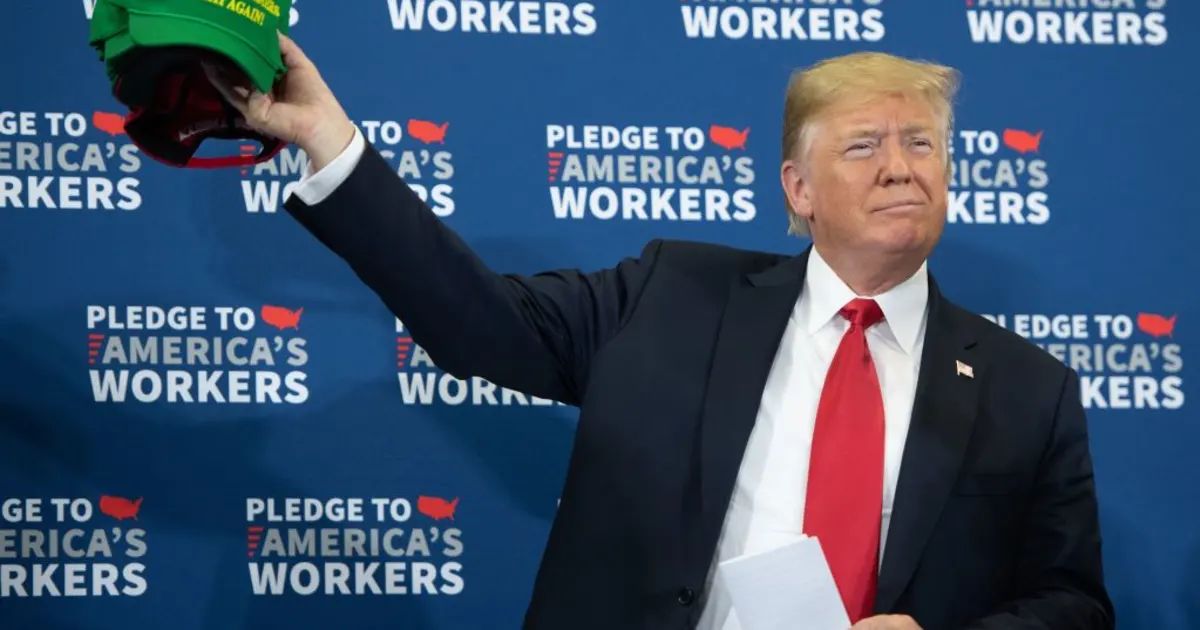
A central point of contention at both town halls revolved around the impact of President Trump’s agenda, which includes significant reductions in federal support for the social safety net. Constituents specifically pressed Representative LaMalfa on how these proposed cuts, particularly those affecting Medicaid, Medicare, and plans under the Affordable Care Act, would affect rural hospitals, especially those within his district.
According to the context, President Trump’s budget bill proposes cuts exceeding $1.1 trillion in federal spending for these vital programs over the next decade. Attendees voiced concerns that such legislation would “devastate” rural hospitals and inflict harm upon vulnerable individuals, including people with disabilities and poor families.
Mathew Hilliard, a youth mental health counselor and social worker from Mount Shasta, drove more than two and a half hours and waited for an additional hour to be the first in line to question Representative LaMalfa. He conveyed deep concerns that defunding Medi-Cal, California’s Medicaid program, could lead to the closure of rural hospitals in Siskiyou County and across the district.
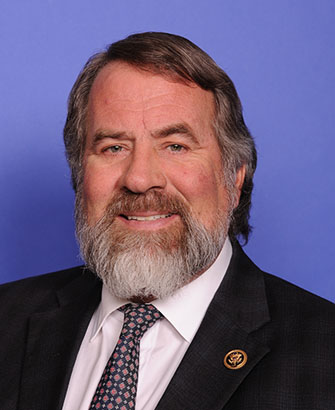
During his address, Hilliard directly challenged the congressman, stating, “These facilities are vital to our disabled and our working-class people. How could you support a bill that is going to devastate our already fragile infrastructure?” Representative LaMalfa, from his position on a barstool onstage, responded by defending the legislation, asserting that it makes “no cuts to the people themselves” within California’s Medi-Cal program.
He contended that the cuts were instead focused on “waste, fraud and abuse,” a line often used by House Republicans to defend the legislation. This explanation was met with shouts of “That’s a lie!” and “Shameless!” from several attendees, amid a chorus of boos. Representative LaMalfa further elaborated that the legislation would target individuals he believed should be ineligible, such as those living illegally in the country and able-bodied working adults without dependents.
He challenged the audience, stating, “Ask Gavin Newsom why he wants $12.5 billion to go to people that aren’t even citizens of our state, thereby hurting the Medi-Cal program.” While Governor Newsom had indeed expanded Medi-Cal enrollment to individuals without legal status, he was later compelled to scale back this expansion due to a projected budget deficit that year. In contrast to LaMalfa’s assertions, the nonpartisan Congressional Budget Office has estimated that President Trump’s legislation would result in more than 10 million people losing health insurance coverage by 2034, including over 3.4 million Californians.
Michael Brennock, whose personal experience after a bicycle accident left him reliant on a wheelchair, expressed his apprehension that rural residents would be significantly disadvantaged if hospitals were to close. He recounted his fortune in having accessible hospital staff for his recovery, stating, “If my injury had been more severe, if it had taken longer for me to get to emergency services, I might have had a very different outcome. Or, I might be dead.” Brennock conveyed his understanding of the crowd’s reaction, yet voiced a hope that constituents could engage constructively with the congressman. He added, “If all of us working together can help him have a change of heart and give him the support he needs to maybe stand up to Trump and stand up for all of us in District 1, then we should offer that support.” Similarly, Cheryl Hawkins, seated in the front row, highlighted the existing difficulties in healthcare within the North State, especially after the Camp Fire and the closure of the Paradise hospital. She lamented the potential for “more of an impact on medical care.”
Beyond healthcare, other pressing concerns were raised, including the transparency surrounding the so-called Jeffrey Epstein files. At the morning event, Representative LaMalfa conceded it was a “bad look” that Epstein-related information continued to be “suppressed.” Constituents also questioned Congress’s handling of these files, indicating a desire for greater openness.
The discussion also veered into the topic of President Trump’s tariffs, which attendees warned would cause harm to farmers in California. One audience member at the Chico town hall directly challenged the congressman, stating, “If you’re not here to either announce your resignation, why aren’t you here to apologize to the farmers of the north state because of your support for the Trump tariffs?” Representative LaMalfa’s succinct reply was, “I’m not gonna do either. Thanks. Do you actually want to talk about something productive?”
He defended the tariffs by asserting that the United States had been taken advantage of and that the tariffs were a negotiating tool to secure better deals for American farmers. While acknowledging imperfections, he stated Monday evening, “And you know, is it the ideal, perfect way to go? No, I hope these tariffs can end soon. I want to believe at some point we’ll end up with very low or zero tariffs with all these countries.” A resident also highlighted constitutional concerns, stating, “Article 1, Section 8 talks about the power of Congress to regulate foreign trade. It doesn’t say anything about the president unilaterally creating tariffs.”
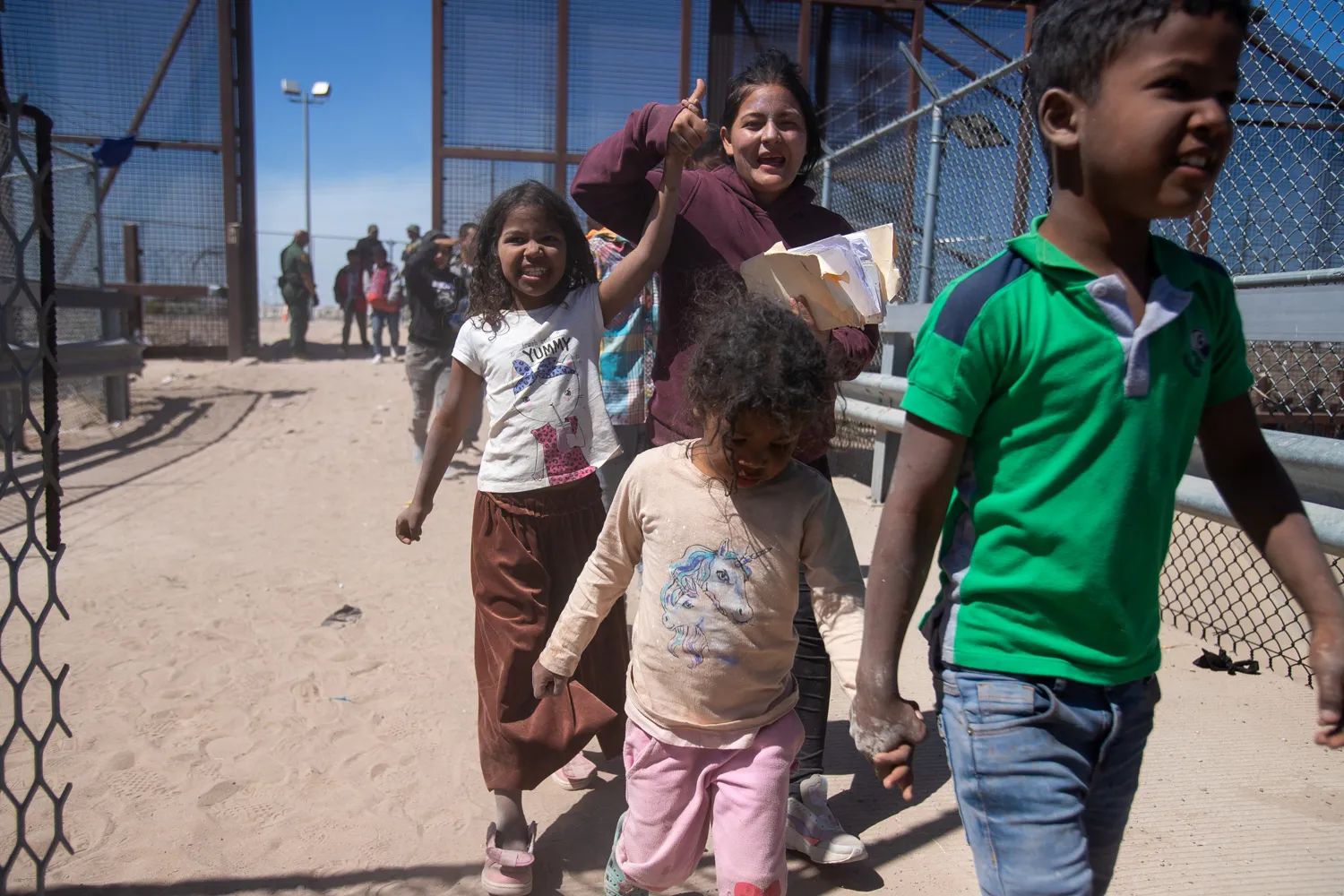
Immigration enforcement also drew significant ire from constituents. One attendee directly compared “warrantless arrests of undocumented immigrants” to “Gestapos,” the secret police of Nazi Germany, accusing the congressman, “You have taken money out of poor people’s pockets and bought Gestapos.” Another resident, who identified himself as the son of Holocaust survivors, articulated a stark warning. He stated, “People being kidnapped without arrest warrants, without trial, without recourse, by the president of the United States’s ICE armies is clear evidence of how a fascist, authoritarian government works. We are not headed toward an authoritarian fascist government; we are already there.”
The audience also expressed fury over reports of immigration agents rounding up U.S. citizens and legal residents in indiscriminate raids. Representative LaMalfa concurred that immigration officers “shouldn’t be capturing people that are U.S. citizens” and indicated support for a pathway to legal status for undocumented workers in vital sectors like farming and services. However, he then presented a contradictory stance, arguing that the concern of wrongfully detaining a citizen or legal resident should not deter officials from casting a wide net, as seen in recent raids at Home Depot parking lots in Sacramento and Los Angeles, with the intention of sorting out wrongfully detained individuals later.
White House overreach was another recurring theme, with multiple commenters lamenting President Trump’s perceived pushing of executive power boundaries. Questions also addressed the Israel-Gaza war, on which Representative LaMalfa maintained a staunch, pro-Israel stance. The proposed defunding of PBS and NPR also elicited outrage from attendees, to which the congressman responded, “Well, the people have many, many choices to receive media.”
The state of public education under President Trump was also a concern for several attendees. Representative LaMalfa, for his part, suggested that the primary issue regarding public schools was a need to “be focused on what the children really need”—specifically, the “three R’s: reading, writing, and arithmetic”—rather than on “ancillary things” such as “climate change” and “LGB.”
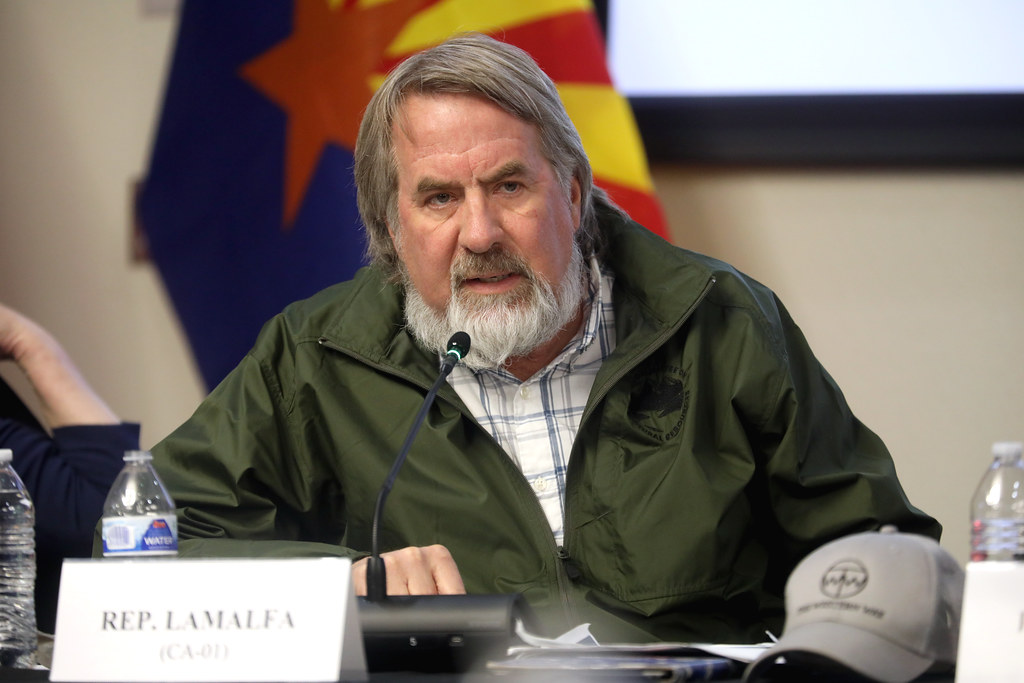
A significant portion of the town hall discussions centered on redistricting efforts across the country. Representative LaMalfa addressed Texas’s redistricting initiative, warning that it “is going to start ‘a grass fire all across the country.’” He noted that California Governor Gavin Newsom, a Democrat, has urged lawmakers to devise a new map for a November special election. This proposed map, as previously reported by CNN, could potentially shift five of the nine Republican seats in the state if approved by voters in a ballot initiative, and it could specifically target LaMalfa’s own seat.
For his part, Representative LaMalfa stated that he did not support either the Texas or California redistricting pushes. He articulated his view that such actions are “really ugly and no matter which side of the aisle you’re on, it doesn’t look good. It doesn’t give you more faith in the political process if legislators draw the lines merely to have an outcome for a partisan win.” He called California’s effort particularly reprehensible, citing that voters established an independent redistricting commission nearly 20 years ago.
LaMalfa conveyed his strong support for independent redistricting commissions, a sentiment he reiterated when he stated, “Maybe the people in Texas, maybe the people in other states will put their own commissions in place in order to have it be independent.” He further described the situation, saying, “It’s really ugly. It doesn’t give you more faith in the political process.” He directly addressed the partisan moves, stating, “Texas shouldn’t be doing that. From the information I have, if it’s purely for politics, no way. California shouldn’t be doing this. This is going to start a grass fire all across the country, every single state trying to change it based on a political outcome.”
Representative LaMalfa, who has represented California’s District 1 since 2013, acknowledged the potential for his own district to be affected by these changes. He previously called the ability for lawmakers to draw their own district lines “the opiate of power.” When a constituent yelled, “Then go and do another line of it, Doug,” it highlighted the direct and often confrontational nature of the event. He stated that if his district were to be redrawn to his disadvantage, he and his team “will fight as hard as we can” and “be talking about the corruption of this process to begin with and ask middle-ground voters, ‘Is this really what you’re after?’” However, he noted, “For me to even worry about it right now is a little premature because we have no idea what a map even looks like yet.”
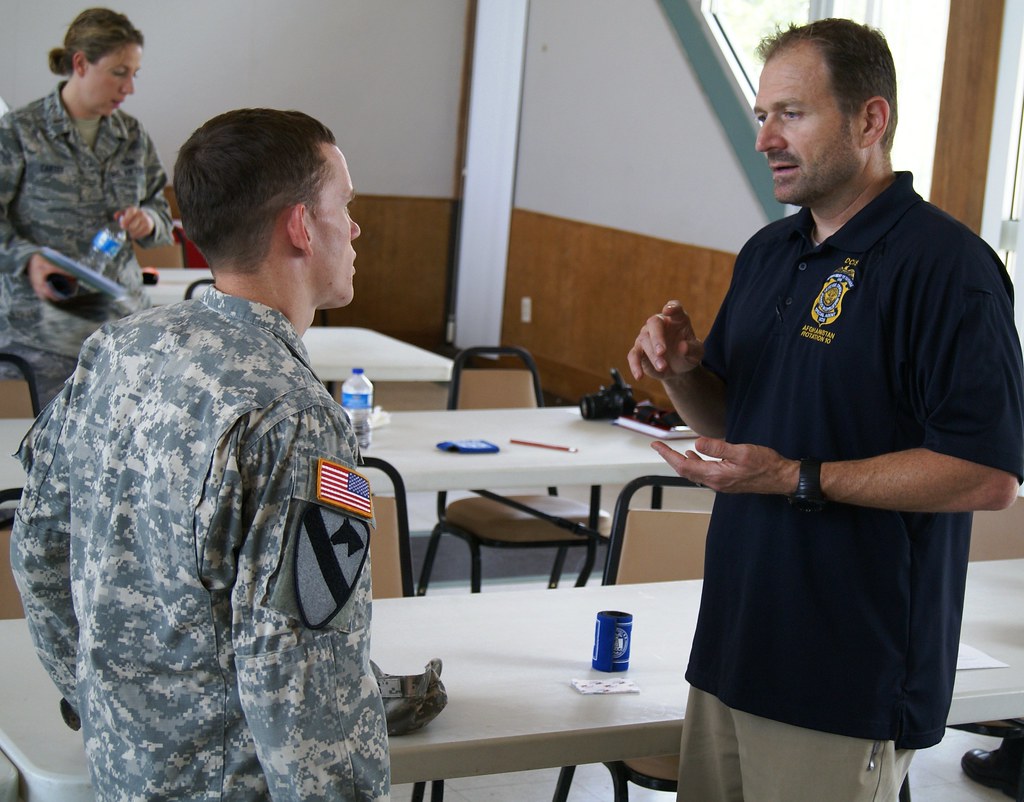
Concerns about veterans’ healthcare also featured prominently. Ryan Rogoski, a Navy veteran from Chico, detailed his struggle with a lack of mental health providers in his area, forcing him to drive three hours round-trip to San Rafael for PTSD therapy. The congressman conceded that Rogoski’s situation was “crazy” and unacceptable, attributing the problem to “a few bad apples” in leadership at the local Chico VA who he claimed mismanaged existing funds. LaMalfa added that the issue “comes down to federal dollars being effective.”
Rogoski implored the congressman to address the provider shortage, but LaMalfa’s response did not satisfy him. The veteran angrily shouted, “You’re giving the Pentagon so much money!” before exiting the building in tears. Rogoski later told CalMatters that LaMalfa’s answer was “extremely false,” emphasizing that it “has nothing to do with taking care of veterans and our unique challenges.” He also expressed dismay at the rowdy crowd, which often shouted over LaMalfa’s responses, including during his own question. Rogoski “waved away LaMalfa’s outstretched hand” as he walked past the stage, reflecting his deep frustration.
While the town halls were largely characterized by contentious exchanges, some attendees expressed support for Representative LaMalfa. Chuck Reynolds, an Oroville City Councilmember, conveyed appreciation for the congressman and apologized “on behalf of this crowd” for what he termed “rude behavior.” Mike Ariza, a resident of Chico, echoed this sentiment, remarking after the event, “It needs to be a lot more civil. I know they don’t like his answers but they need to let him talk.”
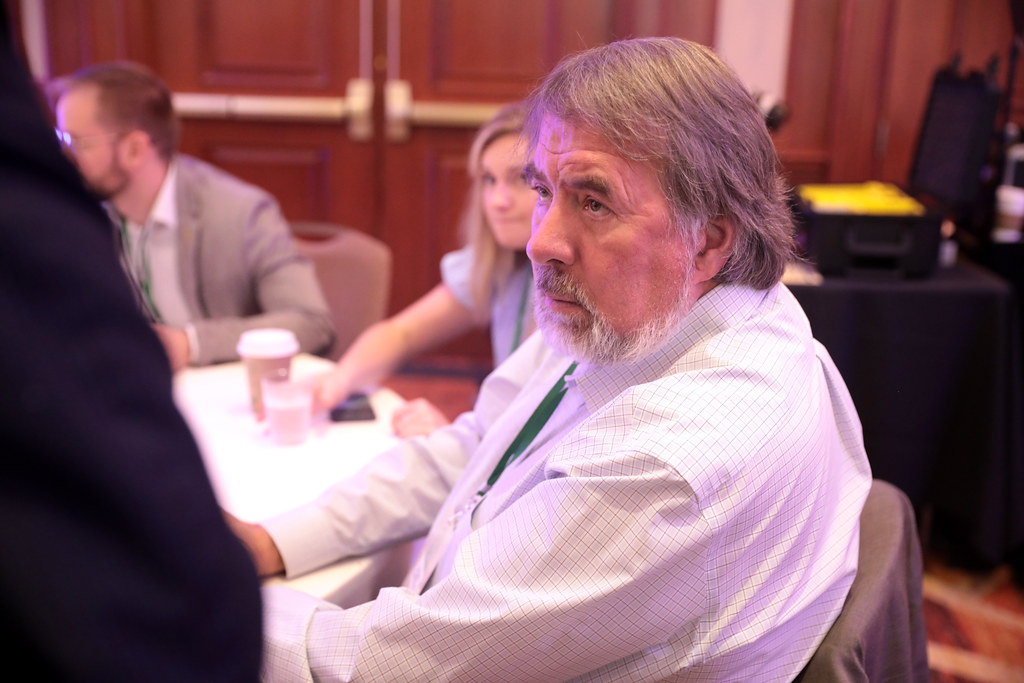
The in-person, open-mic town hall format, once common, has become increasingly rare in today’s hyper-partisan political climate. House Republicans had reportedly discouraged their members from hosting such face-to-face forums earlier in the year following a series of negative headlines generated by viral confrontations at similar events. Despite the challenges, Representative LaMalfa’s decision to hold these meetings marked a significant moment of direct engagement with a highly critical constituency.
These heated town halls serve as a vivid illustration of the deep divisions and intense frustrations currently present within the American electorate. They highlight the persistent struggle for elected officials to navigate public discontent over national policies while also contending with localized concerns, such as the implications of federal cuts on rural communities and the controversial topic of redistricting. The events underscore the evolving nature of political discourse, where direct engagement can quickly escalate into highly charged and emotional confrontations, reflecting a public increasingly eager to make its voice heard on the issues that directly impact their lives.



